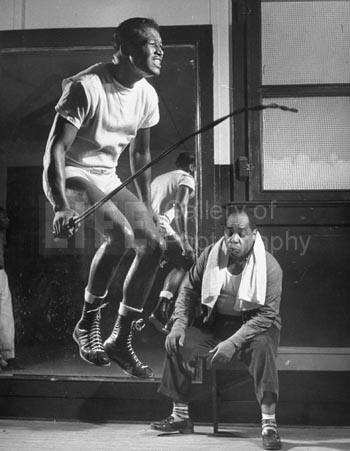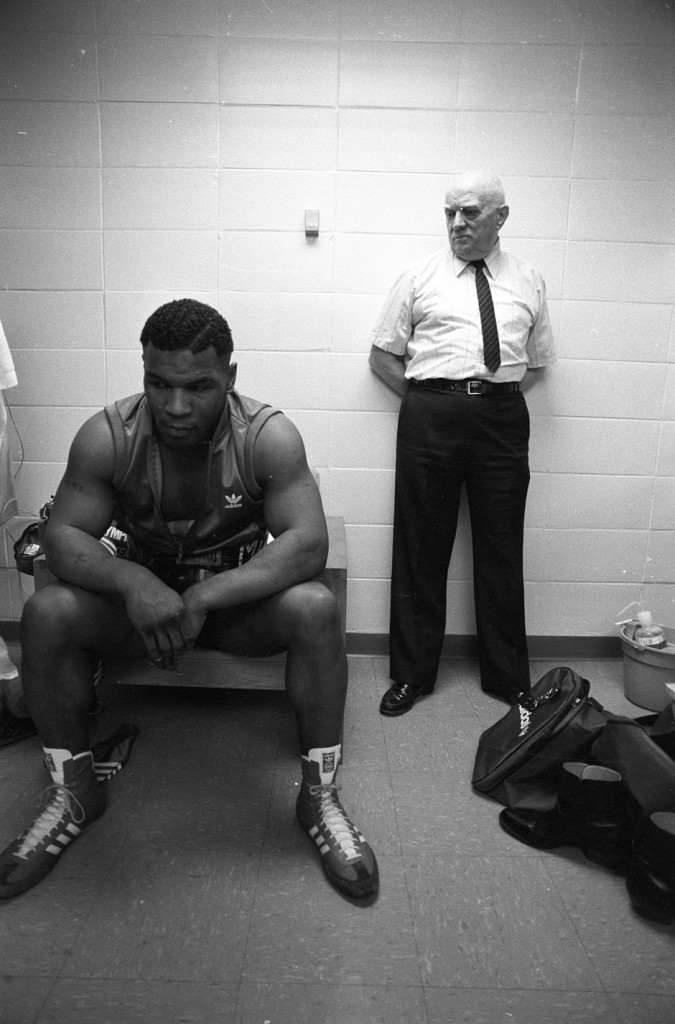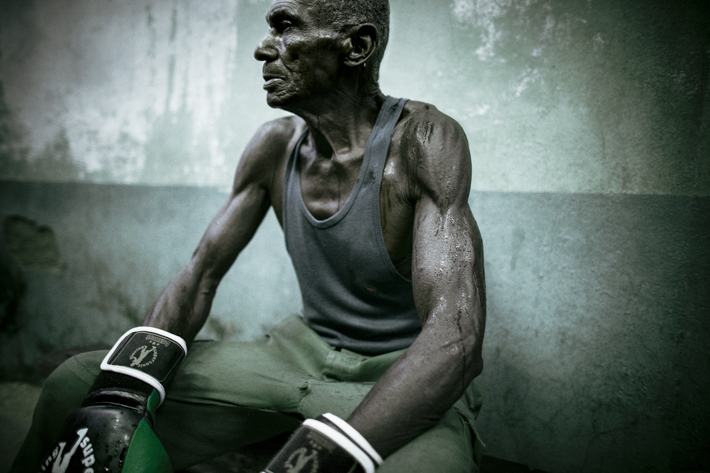Maybe you’ve been training for a while, or maybe you’re just starting to train, when this question “How best to train?” comes up. It’s good to be conscious about what you do. After all, training isn’t limited to one individual session, or even just when you’re at the gym. It is a lifelong process and requires much thought.
You choose to develop yourself, to discover yourself through moving your body and mind. And your body and mind is always with you..it’s YOU. Your training will change you. And even if in the beginning we don’t see exactly what we would like to be, we have the desire to be better somehow. So ride that wave of desire!
Enjoy The Trip

Good exercise can bring a lot of fun and joy, and this is one of the main goals of our training. Moving – being in motion – is so much fun! When he found his head jammed with thoughts, the famous philosopher and great wrestler Socrates went for walks, often to the river bank, and often in the company of friends. He must have seen that the river is constantly moving but somehow still the same, just as we are. Such breaks are a way to generate fresh energy, put down your burden, and forget everything else. So don’t forget to put yourself in a state of mind to enjoy what you do: it’s very important!
But this joy doesn’t mean ecstasy. You don’t want to try so hard for the “Flow State” that comes from proper movement that you go too far the other way, losing sensitivity to your body’s limitations and performing potentially dangerous movements.
Find A Good Teacher
 There are libraries filled with books on sport science, and since antiquity these kind of books have focussed on different training methods. Does it seem confusing? Is there too much information to wade through? Do you wonder: Do I really have to read so much if I’d like to train in a responsible way? Well, reading and gaining new knowledge is never harmful, and once you start enjoying your practice you’ll feel the need for this. But at first, after beginning your own search in the direction that excites you, it’s important to just start training. Find a good teacher who can guide you, and with whom you can easily communicate. Trust your intuition to find a teacher with whom you can resonate.
There are libraries filled with books on sport science, and since antiquity these kind of books have focussed on different training methods. Does it seem confusing? Is there too much information to wade through? Do you wonder: Do I really have to read so much if I’d like to train in a responsible way? Well, reading and gaining new knowledge is never harmful, and once you start enjoying your practice you’ll feel the need for this. But at first, after beginning your own search in the direction that excites you, it’s important to just start training. Find a good teacher who can guide you, and with whom you can easily communicate. Trust your intuition to find a teacher with whom you can resonate.
Consider…
Each discipline or teaching has its own view about what it means to be human. We are all the same, but we are all different. Sometimes the best decision is to trust in your chosen system of training, which has its own traditions and the experiences of its masters. Sometimes the right decision is to find your own way. After you’ve been training awhile you’ll become more sensitive and clearly hear the inner voice that says “do it this way!” You’ll see it is a voice of caring for yourself, or maybe a slight fear which says”you’re not able to do this yet” though the master may tell you you’re able to do that motion….a somersault, for example. Don’t be afraid to fail, just try to learn from your mistakes. A bit of calm meditation and reflection helps you in this. Before your training try to gather your thoughts, go to a relaxed but concentrated state of mind, and your training time is certain to be more effective! And after your training you can also recollect your emotions, thoughts, and experiences. Warming up (and stretching especially) has this function too. Using this method you can have more trust in yourself, and you also can listen better to your teacher. The person who doesn’t have noise in his/her head can pay more attention to others. As the Japanese saying goes, the better you understand your way, the better you’ll understand other ways, despite them being different from your own.
Independence and Persistence
Your decisions shouldn’t based only upon aesthetics. I mean before you accept or refuse an idea you have to really understand what it is. At first we can’t always see the meaning of a method. Sometimes it needs a new eyes to see the new perspective. You went to the new practice to change, so don’t refuse something just because it doesn’t taste so good to your old self. For example in the East, new students even nowadays (but it was it even more customary in the past) learn exercises from the master which seem totally useless to our modern sensibilities, like carrying water or doing other chores around the master’s house. In the Chinese kung fu schools, standing in a horse stance for hours was common. Why did the master demand these exercises? Was he a joker? You may think so, but this is not the reason. The master doesn’t want to waste his time on those who don’t deserve it. Knowledge is worth something. Before the master could see the true nature of the student, he did not easily give out his secrets.
Do you think today these times are gone and our Western culture is different? You’re right. These times are gone, and these methods would work in very few cases. But our Western world is more egocentric than ever. The old methods were designed to help switch off the ego. The student whose ego isn’t there anymore can hear the voice of the master. Today in the boxing gyms it’s almost the same. You have to hit the bag, run, jump rope, and listen to the trainer shout instructions to everyone until the day comes when he finally tells you something personally, like: “Don’t let your hand go down before you throw a punch.” And then you think “Yes! He told me something!” And you accept it. Maybe we aren’t really conscious about how trapped we are in our “ego-cage,” yet something inside pushes us in this direction.
Switch on your TV channel
Do you know the situation where you’re constantly changing the TV channels in a restless and unfocussed way? I don’t want to say this can’t be good sometimes, but to develop yourself you need focussed quality time. By that I mean it’s very important to find your own TV channel. This is an art and it won’t accidentally happen. Because not
all the voices in your head are your genuine, true voices, and not all of those voices are friendly. Learning which is which is the only way to be independent from them, and to get to this point sometimes we need to switch the voices off. Then you can select and build in what really makes you better. So, don’t be addicted to any system, even your own.
The Good Gardener
How can your system grow? How much can you control it? By changing various settings you can work on each part. Good training habits bring good results, and by careful observation you rewrite your habits…and thus, your results. So, when you train try to train gradually, building yourself up step by step, going progressively from skill to skill. Perform your exercise with all of your attention. For example: when you start shadow boxing, first just get control of your motions. Have a good structure, perfect balance, find the correct range of the motions, be co-ordinated, and stay relaxed. When that’s all in order, begin using more complex movements. Not just single punches but combinations, while changing the speed, the rhythm, and the angles. Visualize an opponent attacking you, envision difficult situations, and practice the solutions.
The more conscious you are, the deeper you’ll go and the more you’ll enjoy your training, even the simplest exercises. If you find your rhythm you’ll have the feeling you’re on the right path. You are simultaneously the gardener and the garden.
Avoid Injuries – Listen To Your Body
 You don’t see famous MMA (or other sport) stars still fighting at the age of 50. Why? Usually they’ve suffered too much serious damage, due to overuse of their body. The goal of martial arts training is to make your life better, not to sacrifice your whole life for ten years of glory. So, try to avoid injuries and damage to your body!
You don’t see famous MMA (or other sport) stars still fighting at the age of 50. Why? Usually they’ve suffered too much serious damage, due to overuse of their body. The goal of martial arts training is to make your life better, not to sacrifice your whole life for ten years of glory. So, try to avoid injuries and damage to your body!
There is a difference between normal injuries (sprains, strains, cuts, or black eyes, for example) and debilitating permanent damage (osteoarthritis, or blown-out joints, for example.) If you’d like to avoid such damage, you must train very carefully. If your body is not ready for a new move or if you practice a motion in a bad way it will cause serious injury, or damage you might not even feel right at the moment but only years later, but by then it is very hard to heal. To help avoid this, the key is a good attitude as you train, with the goal of keeping your “machine” (your body) undamaged. Practice with patience, caring, concentration, and with an open mind. Don’t sacrifice your longterm health trying to compete with others who train incorrectly and carelessly. Listening to your own body is a very important part of movement.
